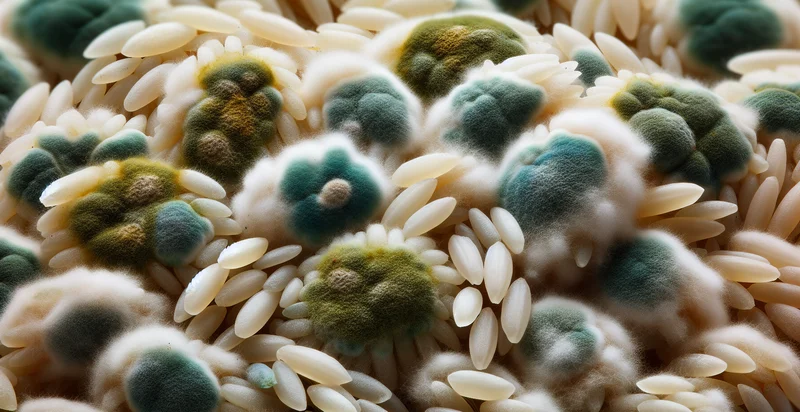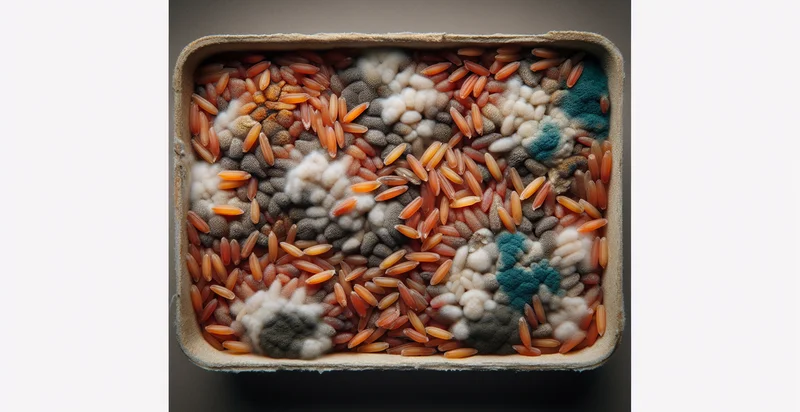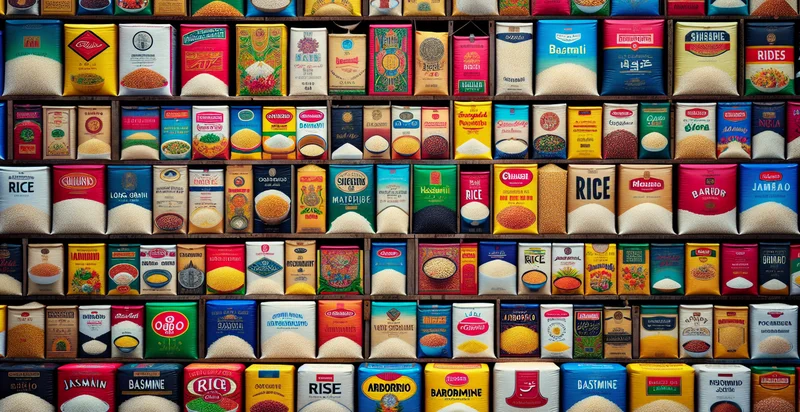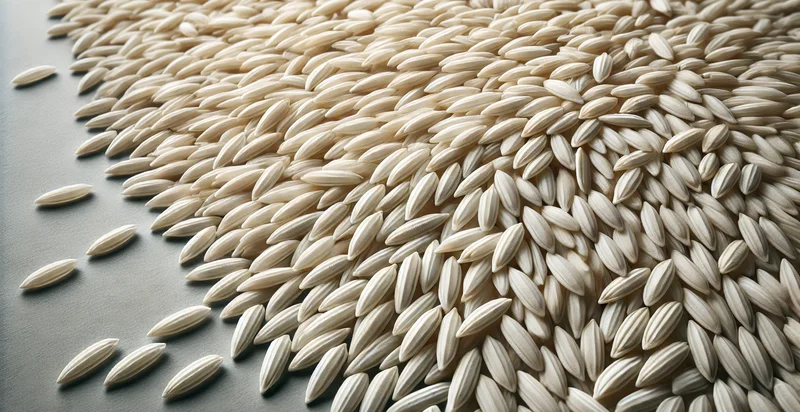Identify if rice is moldy
using AI
Below is a free classifier to identify if rice is moldy. Just upload your image, and our AI will predict if rice is moldy - in just seconds.

Contact us for API access
Or, use Nyckel to build highly-accurate custom classifiers in just minutes. No PhD required.
Get started
import nyckel
credentials = nyckel.Credentials("YOUR_CLIENT_ID", "YOUR_CLIENT_SECRET")
nyckel.invoke("if-rice-is-moldy", "your_image_url", credentials)
fetch('https://www.nyckel.com/v1/functions/if-rice-is-moldy/invoke', {
method: 'POST',
headers: {
'Authorization': 'Bearer ' + 'YOUR_BEARER_TOKEN',
'Content-Type': 'application/json',
},
body: JSON.stringify(
{"data": "your_image_url"}
)
})
.then(response => response.json())
.then(data => console.log(data));
curl -X POST \
-H "Content-Type: application/json" \
-H "Authorization: Bearer YOUR_BEARER_TOKEN" \
-d '{"data": "your_image_url"}' \
https://www.nyckel.com/v1/functions/if-rice-is-moldy/invoke
How this classifier works
To start, upload your image. Our AI tool will then predict if rice is moldy.
This pretrained image model uses a Nyckel-created dataset and has 2 labels, including Rice Is Moldy and Rice Is Not Moldy.
We'll also show a confidence score (the higher the number, the more confident the AI model is around if rice is moldy).
Whether you're just curious or building if rice is moldy detection into your application, we hope our classifier proves helpful.
Related Classifiers
Need to identify if rice is moldy at scale?
Get API or Zapier access to this classifier for free. It's perfect for:
- Quality Control in Food Manufacturing: This function can be integrated into food production lines to automatically inspect rice quality before packaging. By identifying moldy rice, manufacturers can reduce waste and ensure only safe products reach consumers.
- Supply Chain Management: Distributors can use this classification system to assess rice quality during transit. By identifying moldy products early, they can take appropriate actions to salvage or reroute affected shipments, maintaining overall supply chain integrity.
- Retail Inspection Automation: Supermarkets could employ this technology in their inventory checks to quickly evaluate the freshness of rice on their shelves. This ensures that only high-quality products are available for customers, thus improving customer satisfaction and reducing returns.
- Consumer Health and Safety: By integrating the mold detection feature into consumer apps, individuals can scan rice packaging at home. This promotes food safety awareness and helps consumers identify any spoilage before consumption.
- Research and Development in Agriculture: Agricultural scientists can use this technology in experiments to monitor rice crops for signs of mold during growth. This data can help develop better farming practices, leading to higher yields and healthier crops.
- Export Quality Assurance: Export companies can deploy the mold identification system to check rice quality before international shipping. This compliance with import regulations in various countries helps avoid costly fines and ensures only the best quality rice is exported.
- E-commerce and Online Grocery Services: Online grocers can use this classification to verify the quality of rice before it is listed for sale. This feature enhances trust with customers by ensuring that they receive only mold-free rice, thereby improving online shopping experiences.


